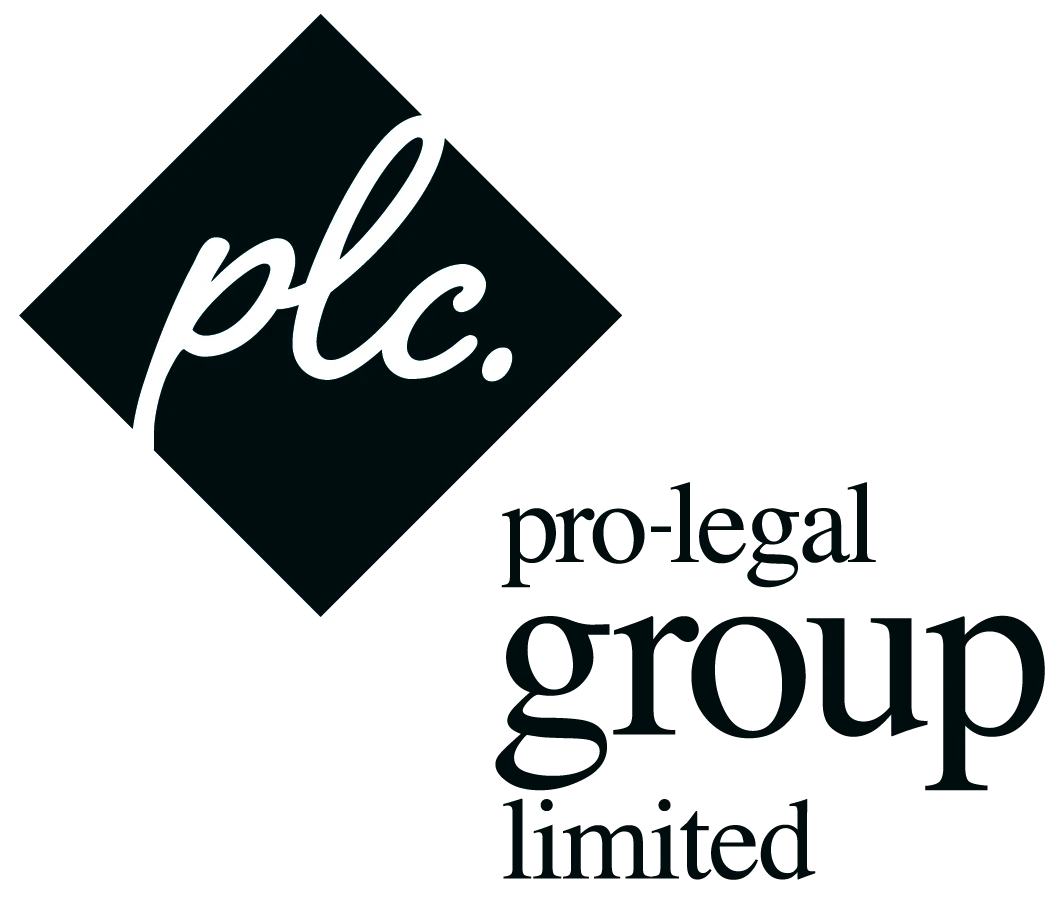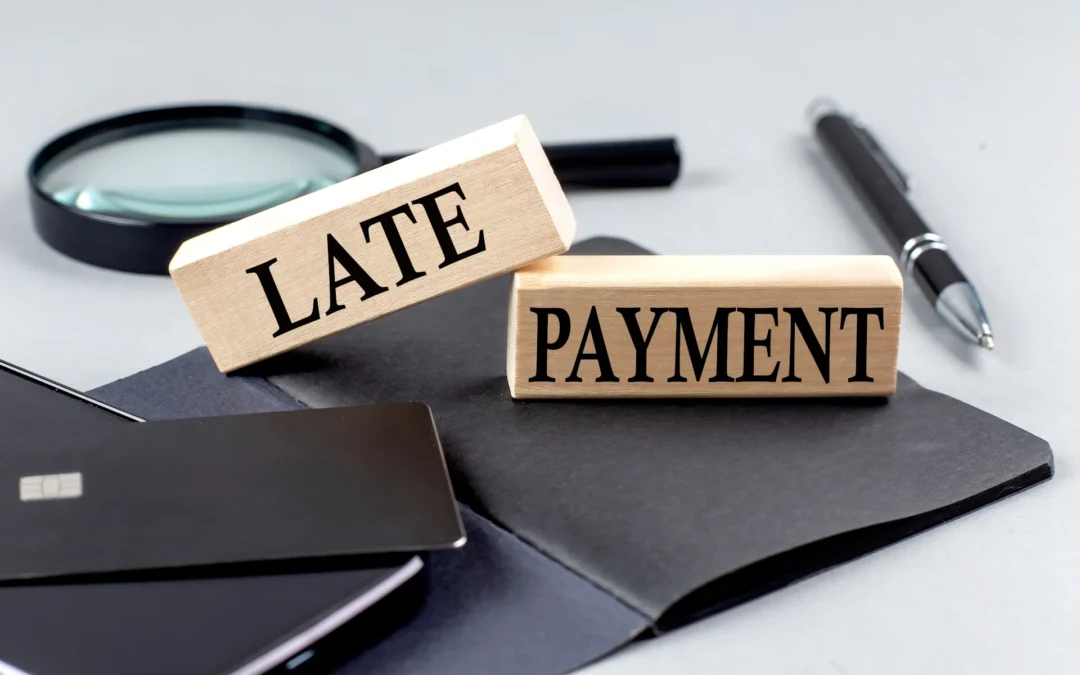The total number of defaults and small claims judgments issued in Northern Ireland during the first quarter of the year rose to the highest levels since Q1 2012, according to figures released by the Registry Trust. The Registry Trust is the non-profit organisation which collects judgment information throughout the British Isles and Ireland. In Northern Ireland it collects information on defaults and small claims judgments, and High Court judgments.
An increase in judgments is a warning that debts may be out of control.
There were 2,242 small claims judgments in Q1 2018, 16 percent more than during the same quarter last year and the highest total for any first quarter since 2012.
The average small claims judgment decreased four percent to £1,960; combined these changes led to an 11 percent rise in the total value of small claims judgments.
In the High Court 24 judgments were registered, 21 fewer than during the first quarter of 2017. The average High Court judgment plummeted, dropping 48 percent in value, leading to a 72 percent fall in the total value of judgments.
During Q1 2018, 2.74 percent of judgments were marked as satisfied. This contrasts with 13.14 percent in England and Wales, where satisfaction rates are generally higher owing to differences between legal systems.
Trust chairman Malcolm Hurlston CBE advised people who had paid back: “If you have satisfied a judgment, tell Registry Trust and we shall let credit reference agencies know. Then you are likely to find borrowing easier and cheaper. You need to tell us, it doesn’t happen automatically. Fewer than a quarter of the people in Northern Ireland who pay back are getting the recognition they deserve.”
The Registry Trust received 8,646 requests to search the register for Northern Ireland online at www.trustonline.org.uk during the first quarter of 2018. TrustOnline allows anyone to search for judgments and similar information registered against consumers and businesses in any jurisdiction across the British Isles and Ireland. “It is a unique benefit for consumers to be able to check the debt record of any person or business with which they may be transacting,” said Mr Hurlston. “I would hesitate before transacting with any business which had a judgment on its record.”
Dated: 4 August 2020
*Nothing in this article constitutes legal advice or gives rise to an advisor/client relationship. Specialist legal advice should be taken in relation to your specific circumstances. This article is provided for general information purposes only. Whilst we endeavor to ensure that the information is correct, no warranty, express or implied, is given as to its accuracy and we do not accept any liability for error or omission as it is based upon our interpretation of the law. Please be aware that the legal circumstances may have changed since this article was first published in August 2020 and you should contact us for specific up to date advice on your circumstances.




